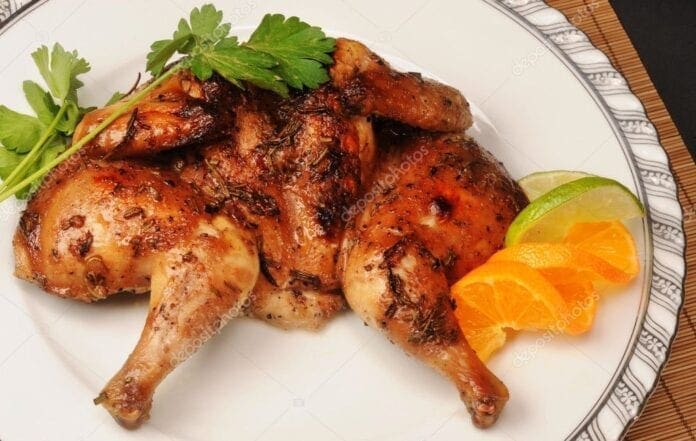Not too long ago, I had a social media post asking where people bought houseplants. The thread took an unexpected turn and became a lively conversation about me slipping into the middle class. The truth is, moving up is a hard adjustment.
I’m not solidly middle class but am getting closer, and, every once in a while, something will pop up that makes me think I’ve reached another milestone in my escape from poverty. It can come at me at random moments, like a memory of the day I stood mesmerized by the salad dressing choices when I first used my SNAP benefits and hit the store with name brand items.
I make jokes about it now. Like the first time that box of dog toys and treats was delivered to my porch, I made a crack about my middle-class lifestyle allowing for a package to come in my dog’s name. Then, when he refused to eat any of the bougie snacks, I made a joke about his ghetto palette not accepting fancy foods. Honestly, who would want to eat duck from a Ziploc bag anyway? I mean, I don’t blame him.
A couple of years ago, I attended a conference in D.C. Sitting at the lunch table, I had no idea how to eat whatever was on my plate, so I dallied with my salad so I could watch what everyone else was doing. I had my first filet mignon this past Christmas when a Secret Santa blessed us with food packages. Spices also mess with me. I don’t particularly enjoy cooking with things that I can’t properly pronounce. While some of it is class, some of it was the way I was raised. Food is a central theme of my childhood. Most of my memories with my gram are centered around it.
Grandma’s Cooking
My gram lived to be 93 years old and was one of the best cooks I have ever known. Her fried chicken was to die for. She would cook that chicken in an electric skillet all day and never burn it or dry it out. One day, I came home and smelled chicken frying. I excitedly lifted the lid off the skillet. When I looked down, I saw the smallest chicken leg I’d ever seen before. I stood there staring in the skillet, trying to figure out what was going on when she walked in and began telling me that if she “didn’t have a time cutting that chicken!” She asked me what had ever “possessed (my mom) to buy a chicken that small was beyond her,” and, once my brain caught up with my eyes, I laughed until I cried. My gram had found a cornish hen in the freezer and had cut it up like a whole chicken, frying each part. She simply didn’t know anything about a cornish hen.
Gram also had never made a pot of chili in her whole life. She was in her 90s when the “neighbor lady” had her eat spaghetti. She enjoyed that angel hair pasta so much that we had it for weeks in a row when we’d visit her. See, my gram was born in 1908. She lived on a farm for most of her life. They grew their own food and meat, so that’s what they ate.
My memories of summer are of gardening and canning. She made her own jellies and preserves. She would can hot peppers with hot dogs in them. She would make her own tomato juice and sauerkraut, and she would can her own fruit. Salt and pepper were the only spices and Crisco was the only oil. We had meat and potatoes at every meal. She’d fry some bacon and pour the hot grease over cubed tomatoes. We’d take her green picking on Mother’s Day every year.
Meat and Potatoes
My gram loved to cook. She loved to feed people, as long as the chickens were sized to scale. She lived a long life without duck on the menu. I don’t live on a farm, but my eating habits haven’t changed much. I still prefer meat and potatoes and avoid cornish hens. I grew some of my own vegetables last summer and am expanding this year.
Through the Food For All Coalition, we’re working on having the right to food added into our state constitution. Food is such a large part of our culture, and no one should have to worry about not having enough of it.
Think of the memories you have of family dinners and holidays. And then think about the folks who don’t know where their next meal is coming from. Please call your local delegates and ask them to support this bill. Everyone must eat. It’s not a political issue; it’s a moral one.
Onward,
Amy Jo


